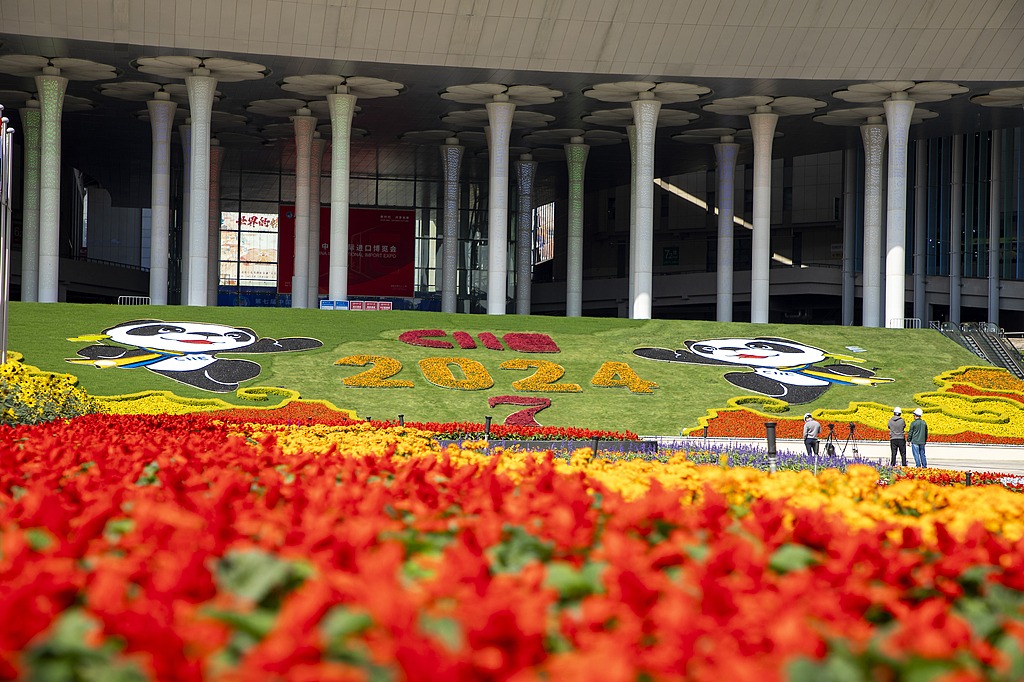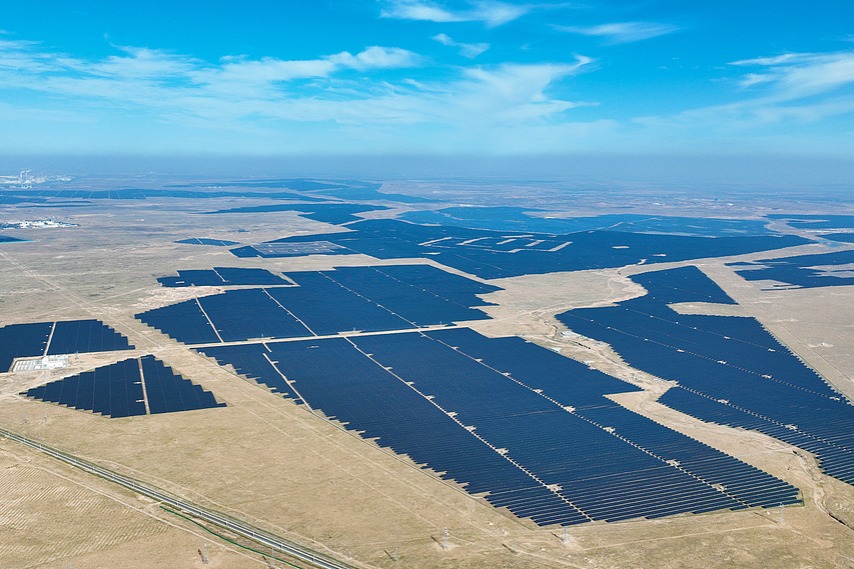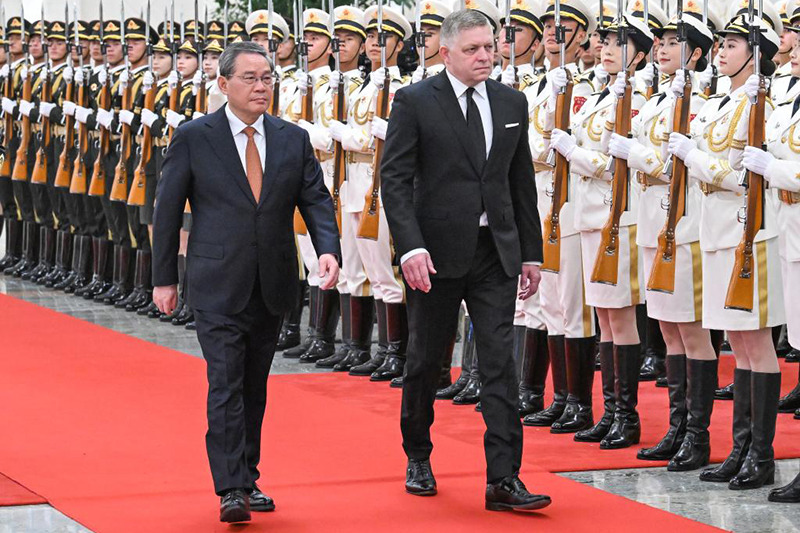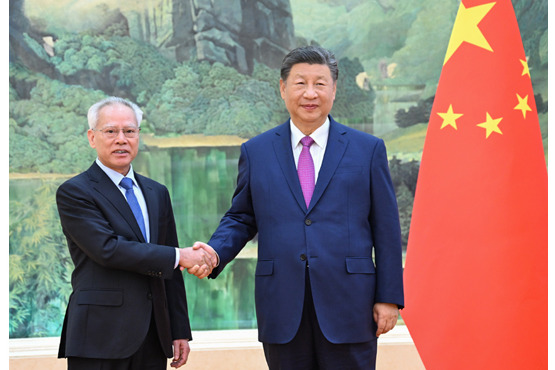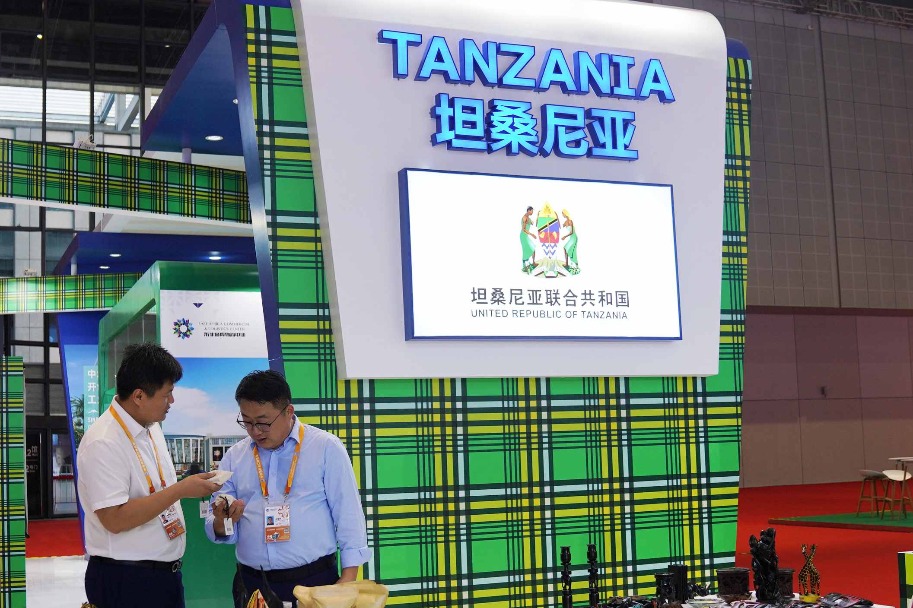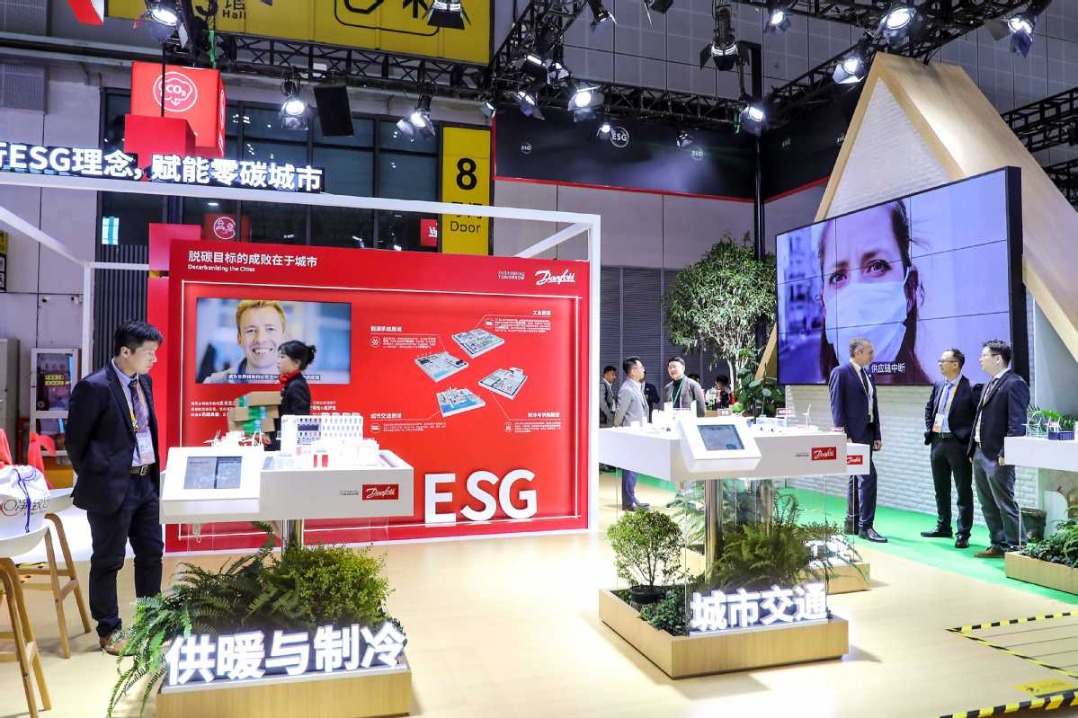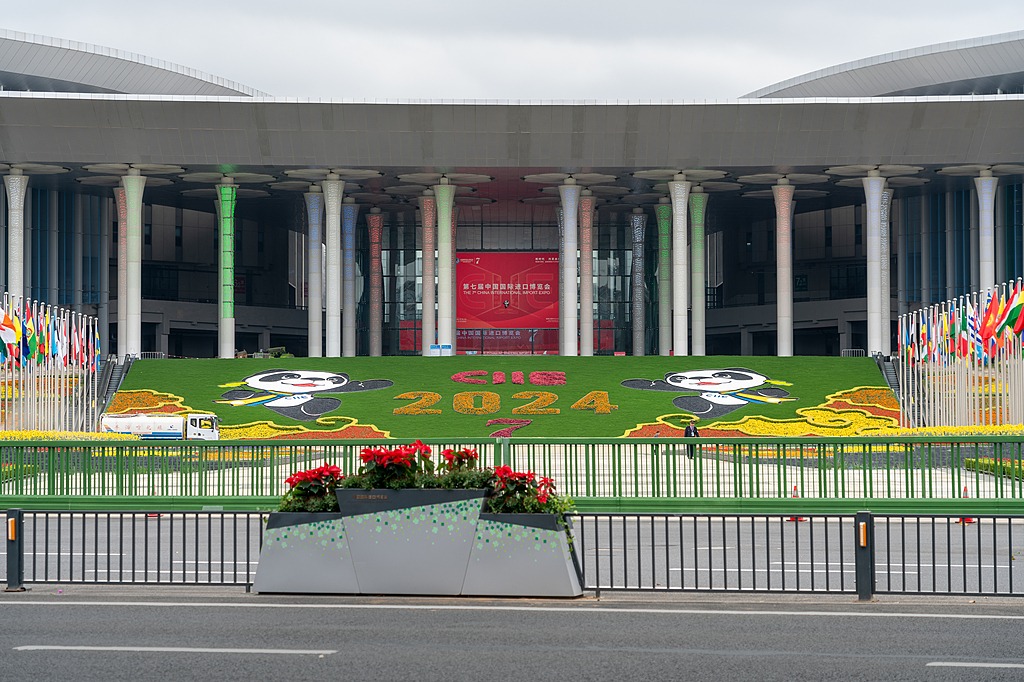Global backlash on EU tariffs
Chinese and German auto companies quick to condemn protectionist move


Major carmakers in China and Germany have expressed their opposition to the European Union's decision to impose additional tariffs on China-made electric vehicles, which they said is protectionist and harmful.
The newly added tariffs, which are already in place and will be valid for five years, stand at 7.8 percent for Tesla, 18.8 percent for Geely, and 35.3 percent for SAIC Motor, in addition to the EU's existing 10 percent duty on imported cars.
Other Chinese EV makers face an average tariff of 20.7 percent, with rates reaching up to 35.3 percent for those classified as "non-cooperative".
The decision, announced on Tuesday, came after a months-long EU investigation, claiming EVs made in China are receiving unfair State subsidies. The Chinese government and carmakers have repeatedly said that the allegations are "groundless".
In a statement on Wednesday, SAIC Motor expressed disappointment and said that it plans to pursue necessary legal action by filing a lawsuit with the Court of Justice of the European Union to ensure its legitimate rights and interests.
The Chinese automaker said that it is introducing vehicles of different powertrains to Europe as part of its efforts to strengthen its resilience against the EU's trade barriers.
Also, SAIC and Geely have accused the European Commission of lying. In a 287-page document, the commission, which is the executive arm of the EU, said it had conducted separate negotiations with SAIC and Geely's subsidiaries, including Volvo and smart, before the decision was announced.
Geely said on Thursday it had "never" conducted separate negotiations with the commission regarding electric vehicle tariffs, although it was approached.
In a statement posted on social media platform Weibo, Geely said that the commission sought direct contact with its brands during the negotiation period from late September to mid-October, and it "prioritized industry unity and declined separate discussions".
"Geely remains committed to supporting the industry-wide negotiations, contributing actively to protect the overall interests of the sector," the company said.
China's SAIC Motor refuted reports about separate negotiations with the EU on the matter as well. The reports "seriously deviate from the facts" and are purely rumors, said the company.
Following the announcement of the EU's decision, BMW Group said the move "not only restricts global free trade, but also fuels the danger of a far-reaching trade conflict from which no one gains".
It said the punitive tariffs harm the business model of globally operating companies, including BMW, and limit the supply of electric vehicles for European customers.
"It is therefore all the more urgent that the EU and China — as key drivers of sustainable mobility — continue their negotiations to find a viable solution as quickly as possible," said BMW.
The Chinese government has repeatedly criticized the EU over the investigation and tariff rises, arguing its actions violate international trade rules and threaten global progress on fighting climate change.
In a statement on Wednesday, the Ministry of Commerce said Beijing would "continue to take all necessary measures to resolutely safeguard the legitimate rights and interests of Chinese companies".
It added that it hoped Brussels could work with Beijing in a "constructive manner" to resolve the dispute through dialogue.
The ministry reiterated China's stance on Thursday, saying that it has consistently supported and encouraged mutually beneficial economic and trade cooperation between the Chinese and European automotive industries.
China has continuously maintained an open and collaborative stance, promoting a market-driven approach and encouraging healthy competition, said He Yadong, the ministry's spokesman at a weekly briefing.
The EV tariffs have caused deep divisions in the EU as well, with strong opposition from member states including Germany and Hungary.
German carmakers, including BMW, Volkswagen and Mercedes-Benz, have heavily criticized the EU measures. However, France's PFA car association has welcomed duties.
A spokesman for German Chancellor Olaf Scholz said on Wednesday that Berlin was pushing for a negotiated solution.
"Such trade conflicts are not something we should strive for and in this respect the clear expectation toward Brussels, but also toward Beijing, is that good results will be achieved in the ongoing talks so that a trade conflict can be averted," he said.
Hungarian Prime Minister Viktor Orban said the EU was headed for an "economic cold war" with China.


















